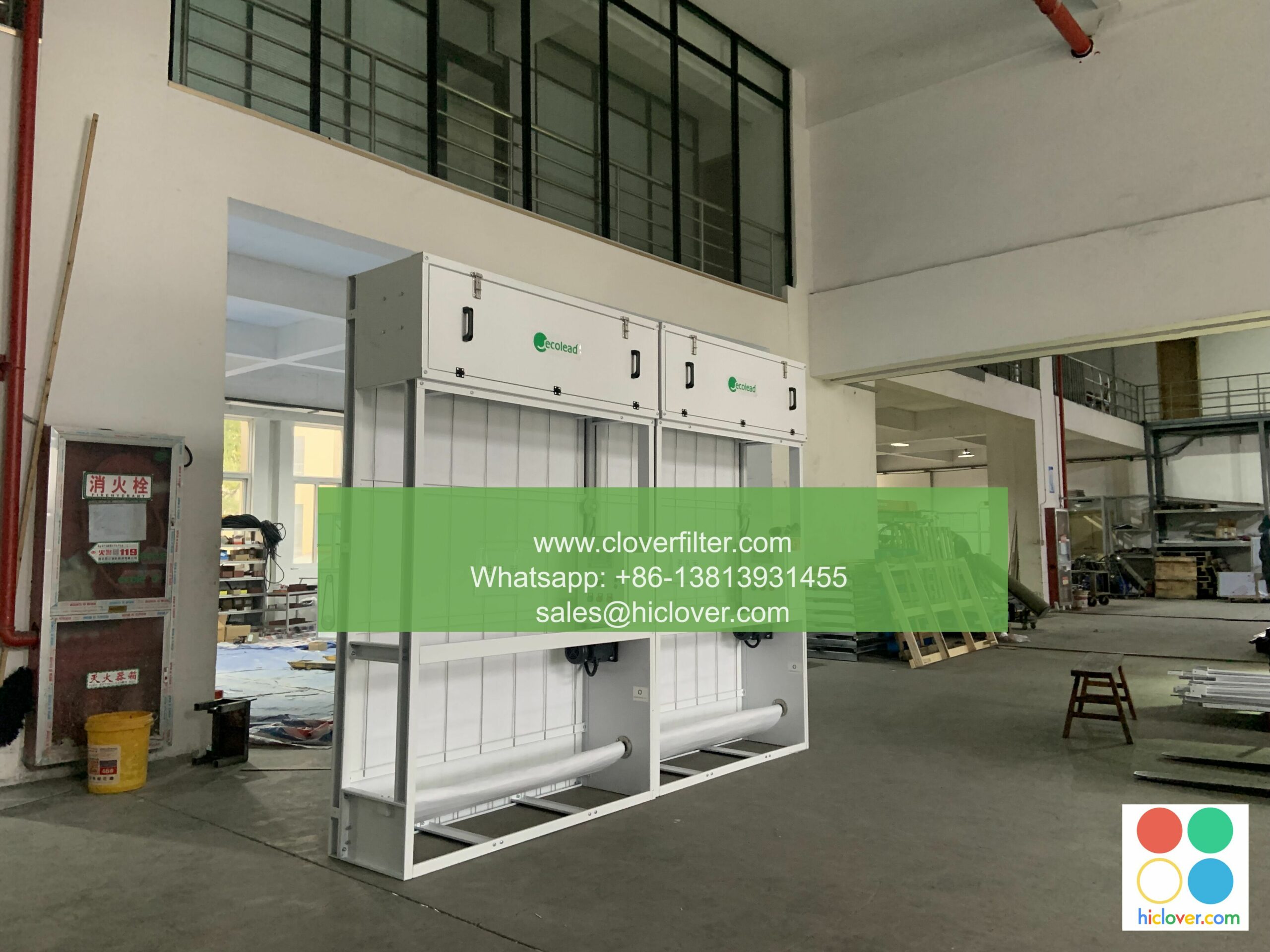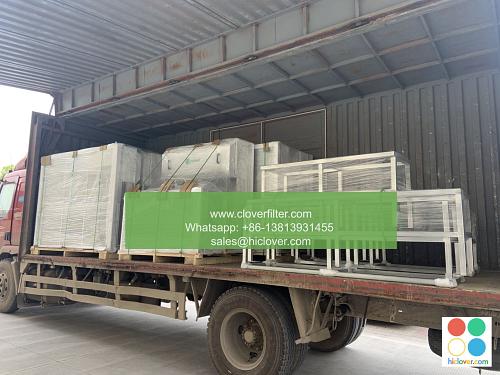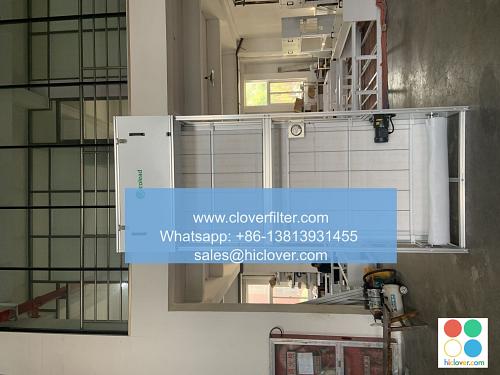The Role of Air Filter Ecosystems in Food Processing and Manufacturing

The food processing and manufacturing industry is a complex and highly regulated sector that requires careful attention to detail to ensure the quality and safety of products. One critical aspect of this industry is the role of air filter ecosystems in maintaining a clean and controlled environment. In this article, we will explore the importance of air filter ecosystems in food processing and manufacturing, highlighting various application areas and key considerations for food safety, indoor air quality, and process control.
Introduction to Air Filter Ecosystems
Air filter ecosystems refer to the network of air filtration systems, HEPA filters, and activated carbon filters that work together to remove contaminants, pollutants, and microorganisms from the air. These systems are designed to provide a cleanroom environment, which is essential for food processing and manufacturing applications where sterility and sanitation are paramount. By controlling the air quality, air filter ecosystems help prevent cross-contamination, product spoilage, and foodborne illnesses.
Applications in Food Processing
Air filter ecosystems play a critical role in various food processing applications, including:
- Bakery and confectionery: Air filters help remove flour dust, sugar particles, and other contaminants that can affect product quality and safety.
- Dairy and beverage: Air filter ecosystems maintain a clean environment for milk processing, juice production, and brewing, preventing bacterial contamination and spoilage.
- Meat and poultry: Air filters help control airborne pathogens, odors, and moisture, ensuring a safe and healthy environment for meat processing and poultry production.
- Packaging and filling: Air filters prevent contamination and dust from entering packaging lines, ensuring product integrity and shelf life.
- Food storage and warehouse: Air filter ecosystems maintain a clean and dry environment for food storage, preventing mold, mildew, and pest infestations.
- Research and development: Air filters provide a clean and controlled environment for food research and product development, enabling precise testing and quality control.
- Filter selection: Choosing the right type and size of air filter, such as HEPA filters or activated carbon filters, to meet specific application requirements.
- System maintenance: Regularly maintaining and replacing air filters to ensure optimal performance and extended lifespan.
- Integration with other systems: Integrating air filter ecosystems with other process control systems, such as HVAC and cleaning systems, to ensure a comprehensive and holistic approach to food safety and quality control.
Applications in Food Manufacturing
In addition to food processing, air filter ecosystems are also essential in food manufacturing, including:
Key Considerations
When designing and implementing air filter ecosystems in food processing and manufacturing, several key considerations must be taken into account, including:
Conclusion
In conclusion, air filter ecosystems play a vital role in food processing and manufacturing, providing a clean and controlled environment that is essential for food safety, quality control, and process optimization. By understanding the importance of air filter ecosystems and implementing effective air filtration systems, food manufacturers can ensure compliance with regulations, reduce risk, and improve product quality, ultimately protecting public health and consumer trust.
It seems like you forgot to include the prompt. Could you please provide more details or clarify what you would like to talk about? I’m here to help with any questions or topics you have in mind!


